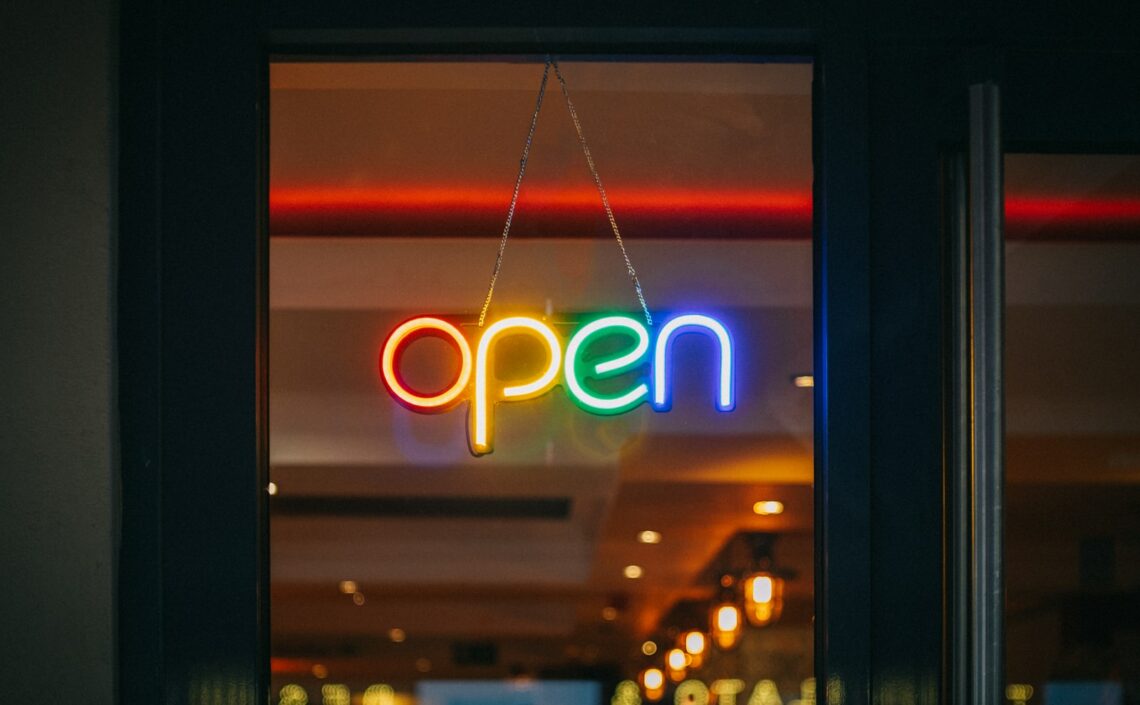This weeks reading was really interesting and I think connected to a lot of things we have discussed in this course.
First, I really enjoyed Mai’s (1978) explanation of open pedagogy as a “informal classroom where children might be trusted to learn by exploring according to their own interests, instead of being bored, demeaned, and alienated”. This really resonates with me and my own teaching practice as I think students are far more engaged in their learning when they have a say in what they are learning, rather than being told what to learn and how to learn it. Moreover, I really appreciated how this reading provided more context to the 5 R’s in OER’s we learned about last week.
The term ‘openwashing’ was interesting to me and it reminded me of topic 1 readings and the broad use of the term ‘privacy’. Some resources or websites claim to be ‘open’ but in fact are not actually open as they do not follow the 5 R’s, the same way some edtech companies use the term ‘privacy’ but in fact users do not have complete ‘privacy’.
Further, I really appreciated Wiley’s notion of “renewable assignments” , describing them as “assignments which both support an individual student’s learning and result in new or improved open educational resources that provide a lasting benefit to the broader community of learners.” I really appreciate the idea of students not only having more ownership and control over their work, but also collectively helping each other learn. However, I found it interesting that the article stated that Ehlers (2011) identified a need for further research as to the efficacy of OER because some believed “because OER are free of cost, they are necessarily inferior to commercial alternatives and that students who use OER would learn less” and contrarily, some argued that “open textbooks would dramatically improve student learning as students gained greater access to learning resources.”. While I agree with the latter, the article states that 6 years later, studies found a small positive impact on learning. I’d like to integrate this pedagogy as much as I can because I do see the benefits in students having more ownership of their work and contribute to the learning of others however the results of the studies makes me question if it is worth the time and effort.





July 23, 2022
Hi Maegan, thank you for your post. I agree with you when you wrote about the results of the studies done on the efficacy of OER. While it is concerning given some of the upfront costs of integrating OER’s, as well as having no certainty on the outcome of its integration. This can pose some pretty big risks to instructors, and to institutions looking to integrate OER’s into regular coursework. I think this will be the biggest barrier facing the adoption of OER’s, especially the argument that they are inferior simply because of the open aspect of them. Growing a positive reputation for open-enabled pedagogies will involve countering this argument with examples of OER’s that were successfully integrated, and provided lasting benefits to the people using them.
July 25, 2022
Hello Maegan!
Mai’s explanation in the reading also stuck out to me! I 100% agree with you that students will be more engaged when having a voice in what they are learning. Teaching students topics they actually like and want to learn more about must be so rewarding as an educator too!
Before this article, I was unfamiliar with the term ‘openwashing, but I liked how you connected this to ‘privacy’ from Topic 1. There are some sneaky companies/websites/resources that need to be called out for their misuse of important terms.
July 25, 2022
Hey Maegan!
Do you have any examples from your own education experience with renewable assignments or courses that satisfy Wiley’s 4-part test? If so, could you share them with us?
What about in your teaching practicums, were you given the opportunity to implement OERs or try out more student-centred or student-controled learning?
July 25, 2022
Hi Maegan!
Thank you for your post! I definitely agree with you that learning can be much more meaningful for learners when they have choice. Every student is an individual and learns in their own way and has different interests so when we are able to make room for who they are within their learning it can help them feel more connected to the content and be more conducive to their personal learning style. I do believe integrating OER-enabled pedagogy would encourage students voices to be heard within assignments as well as allows students to have more ownership over their work. It does seem interesting that there are conflicting opinions on the use of OERs and that studies have not been able to produce a great amount of evidence in support of using OERs, but I wonder if as more studies are done and more time passes if the results will show a greater impact. For now, I plan to try and incorporate as many of the steps towards OER-enabled pedagogy while being extra cautious around privacy concerns (maybe not sharing work with such a large audience and being careful about openly licensing). What do you think a good renewable assignment could be in the elementary setting?
July 25, 2022
Hi Maegan!
I also thought this reading was interesting and connected many dots in my mind with regard to the course content and information. Mai’s explanation of open pedagogy was one of the main quotes that got me thinking and digging more into the topic. Your points about privacy and open websites really made me realize… there are so many social media applications we use on a daily basis that prevent us from having complete “privacy.”
Thanks for the post!